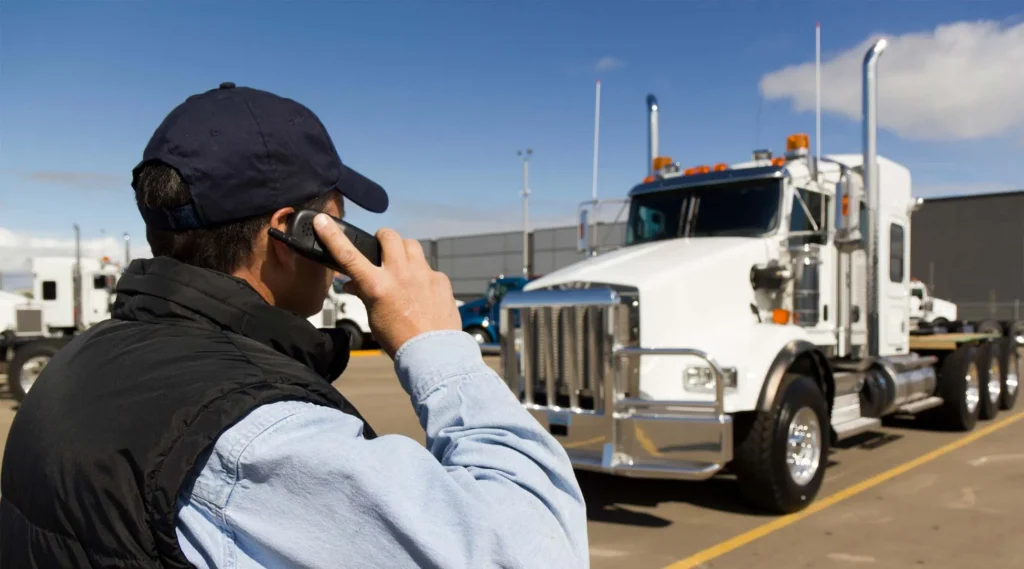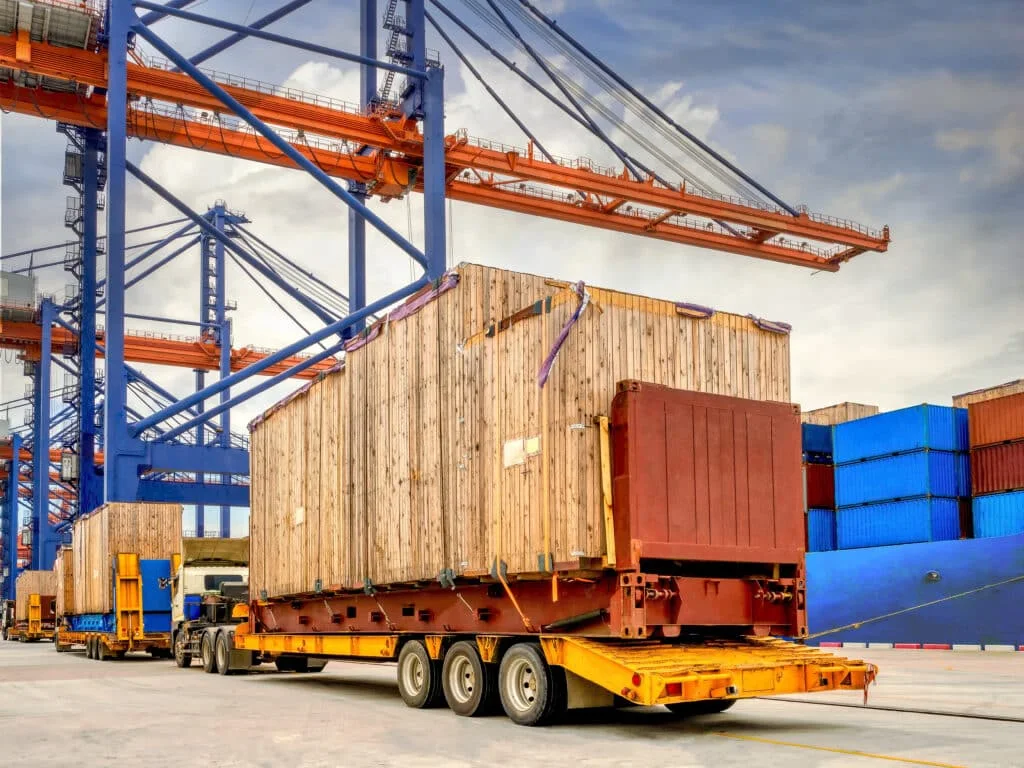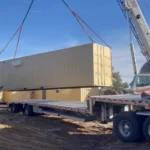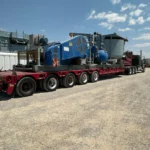Managing freight in a complex logistics market like Houston can be overwhelming. From oversize loads to time-sensitive deliveries, shippers often struggle with regulations, fluctuating carrier rates, and capacity shortages. That’s why many businesses turn to freight brokers for help.
If you’ve ever wondered whether to hire a freight broker or manage logistics yourself, this guide is for you. We’ll cover what brokers do, the benefits they bring, and how to choose the right partner in Houston.
For an in-depth overview of the Houston freight industry, check out our Ultimate Guide to Freight Brokerage Services in Houston .
What Does a Freight Broker Do for Shippers?
A freight broker acts as the intermediary between shippers and carriers. Their primary goal is to move freight efficiently and cost-effectively while reducing risks.
When you hire a freight broker, they handle:
Carrier sourcing and vetting
Route planning for specialized freight
Compliance with DOT and permit requirements
Rate negotiation and cost optimization
Real-time shipment tracking and updates
For a detailed explanation, see our cluster post: What Does a Freight Broker Do in Houston Logistics Operations?.
Why Shippers Should Hire a Freight Broker in Houston
Houston is a global logistics hub with ports, refineries, and manufacturing plants that demand specialized transport solutions. Working with a broker ensures:
Access to a vast carrier network for flatbeds, lowboys, and specialized trailers
Local expertise in oversize/overweight regulations and port operations
Cost savings through negotiated rates and optimized routes
Risk reduction with vetted carriers and compliance oversight
Time efficiency so shippers can focus on core business operations
If your business moves construction machinery or oilfield equipment, a broker with Heavy Hauling expertise is essential.
Key Services a Freight Broker Provides
1. Oversize and Overweight Transport
Houston’s energy and construction sectors often require moving loads beyond legal dimensions. A broker with Oversize & Overweight experience ensures permits, escorts, and safe transport.
2. Heavy Equipment Transport
From bulldozers to drilling rigs, shippers rely on brokers who specialize in Heavy Equipment Transport.
3. Trailer Transport Solutions
If your business moves modular buildings or trailers, a broker can coordinate Trailer Transport safely and efficiently.
4. Specialized Transport
Unique freight like CNC machines, industrial equipment, or delicate cargo requires Specialized Transport services from experienced brokers.
5. Freight Shipping Coordination
For everyday loads, brokers manage cost-effective Freight Shipping with reliable carriers.

Freight Brokers vs. Freight Forwarders in Houston
Many shippers confuse brokers with forwarders. A freight broker arranges transport between shippers and carriers but doesn’t take possession of freight. A freight forwarder, on the other hand, may store, consolidate, and sometimes manage customs.
To learn more, read our cluster comparison: Freight Brokerage vs Freight Forwarding in Houston.
When Should You Hire a Freight Broker?
Not every shipment requires a broker, but in certain cases, hiring one is crucial:
Oversize or overweight freight that requires permits and escorts
Urgent shipments with strict deadlines
Multiple routes or modes of transport
Unfamiliar markets where you lack carrier connections
Fluctuating capacity and pricing that require negotiation power
If you’re unsure whether a broker is right for your needs, check out our insights on Freight Brokers in Houston: How to Choose the Right Partner.
How Hiring a Freight Broker Saves Costs
Many shippers assume hiring a broker adds an extra layer of expense. In reality, brokers often save money by:
Negotiating lower carrier rates through volume discounts
Reducing downtime by quickly finding available trucks
Avoiding penalties through compliance management
Optimizing routes to reduce fuel and toll expenses
For examples of cost savings, see our guide on Top Rated Freight Brokerage Firms in Houston for Heavy Haul Shipments.
How to Choose the Right Freight Broker in Houston
Check Licensing and Compliance
Always verify that the broker is licensed by the FMCSA and bonded.
Evaluate Experience in Your Industry
If you handle industrial machinery, prioritize brokers with heavy haul experience.
Assess Carrier Network Strength
A broad carrier base ensures faster matches and reliable capacity.
Review Technology and Tracking
Top brokers use real-time tracking, digital paperwork, and transparent billing systems.
Prioritize Customer Service
Communication is key. Your broker should be proactive and responsive.
Building a Long-Term Relationship With a Freight Broker
While you can hire a freight broker on a per-shipment basis, long-term relationships deliver better results. Reliable brokers learn your freight patterns, anticipate needs, and provide consistent capacity during peak demand.
For more on relationship building, read our article: Top Benefits of Choosing a Local Freight Broker.
Conclusion: Should You Hire a Freight Broker?
In Houston’s fast-paced logistics market, working with the right broker can transform your supply chain. Whether you need oversize transport, heavy equipment hauling, or simply better cost control, hiring a broker is a smart move for shippers.
👉 Ready to simplify your logistics? Contact Freight Guru today and let us handle your freight challenges.
FAQs About Hiring a Freight Broker
Brokers save time, reduce risks, and negotiate better rates with carriers.
Yes. They must be licensed by the FMCSA and carry a surety bond.
Absolutely. Many specialize in heavy hauling and oversize transport with permits and escorts.
Check licensing, industry experience, customer reviews, and carrier network strength.
Yes. Brokers often secure lower rates, optimize shipping routes, and reduce delays.





